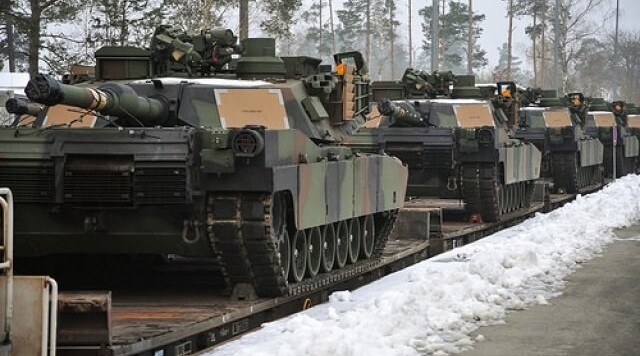In a difficult and protracted war democracies may accept a draw due to a lack of public support. If you were caught between bowing to public opinion and taking bold positions that may alienate the electorate, which would you choose?
Can a democracy effectively engage in long-term foreign policy or in war?
Perhaps this was true when voting was limited and aristocrats ran governments. In 1848 in Britain, Lord Palmerston said, "We have no eternal allies, and we have no perpetual enemies. Our interests are eternal and perpetual..."
Today, social science research suggests a fickle public.
The book, Democracies at War, demonstrates that in a difficult and protracted war a democracy may give in or accept a draw because of the public. Berinsky shows that elite conflict over defense policy, rather than mere casualties, determine the public's support for war.
These ideas are contradicted by the consistency of America's Cold War policy, however, here U.S. existence was threatened by the Soviet Union. President Bush made the "war on terror" a similar existential threat, recognizing short-term public support.
Hence, politicians may have only three choices.
They can govern incrementally, bow to limited public attention on international issues, craft policies that don't risk a minimum consensus, and hope that long-term issues can be held at bay.
Or, politicians can govern for tomorrow, take bold positions, lead, risk abandonment by the electorate, and court failure.
Or, they can walk the line, mediating between short-term expediency and unreachable vision, trying to educate, while not alienating, the public. This is the art of politics, and involves risks in both directions.
Which risk would you choose? Short-term expediency or failure by over-reaching?
For more information, see:
Bernisky, Adam J., "Assuming the costs of War: Events, Elites, and American Public Support for Military Conflict," Journal of Politics 69, issue 4 (2007)
Lord Palmerston, Speech to the House of Commons, Hansard (March 1, 1848)
Reiter, Dan and Allan C. Stam, Democracies at War (Princeton University Press: Princeton, NJ, 2002)


